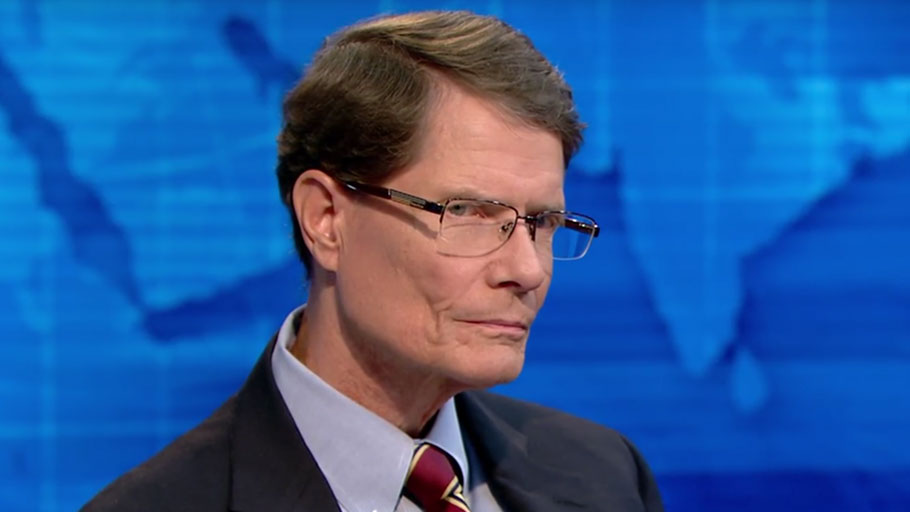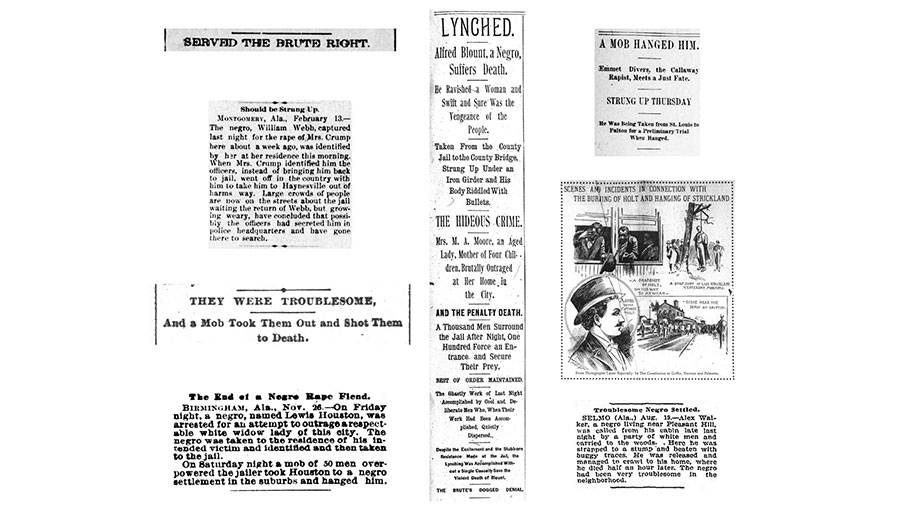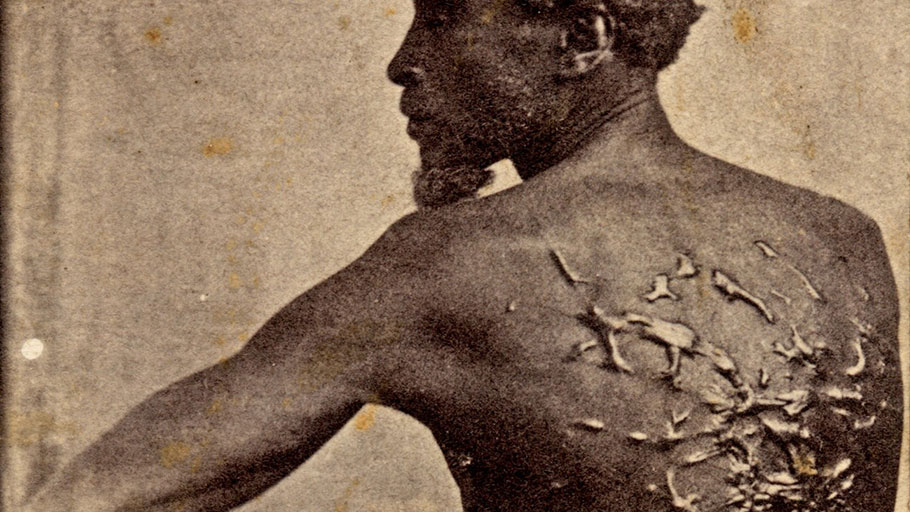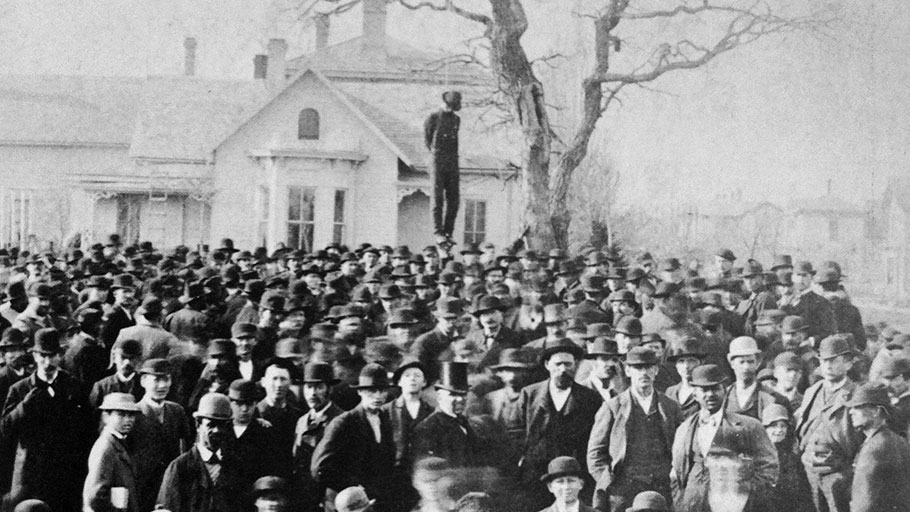
From the Iran deal to TPP to climate change, ‘the whole thing that animates and unites his policy views is antipathy towards Obama’ By David Smith, The Guardian — When Donald Trump pulled out of the deal to curb Iran’s nuclear ambitions, hardline conservatives celebrated, European leaders winced and Barack Obama made a rare, lengthy public statement. Trump’s decision was “misguided” and “a serious mistake”, Obama said, as his signature foreign policy achievement…

























